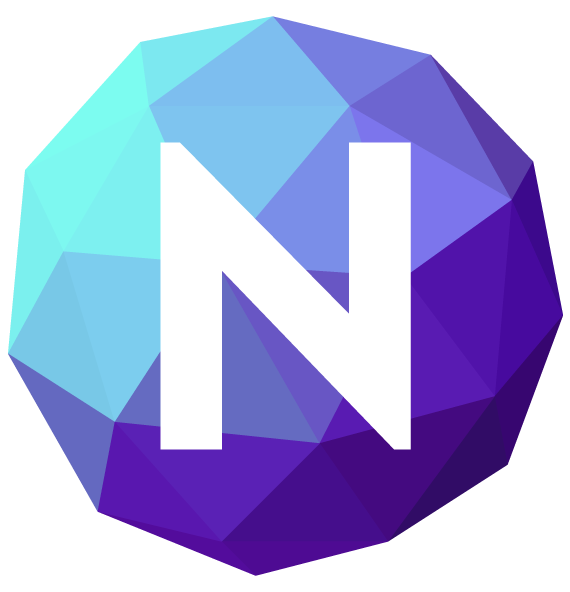Philippe Hong
Category: Design Tips
Game development and design is pretty much every teenager’s dream career—but few actually make it a professional career. We’re cracking the code on breaking into the design world so you can live your wildest gaming dreams and turn your passion into a career.
Player One, Ready? Fight!
We’ve broken up this content into five essential categories to get you on the fast-track to success in your design career journey.
1. Education
Many of the world’s most successful designers have launched their careers at one of the nation’s top-ranked design schools. Getting real, tangible experience and learning from the best designers and product developers in the industry is often the best way to get your career exactly where you want it to be.
Some of the best game design schools in the nation include:
- New England Institute of Technology, Video Game Design School
- University of Utah, Entertainment Arts and Engineering Department
- University of Southern California, USC Games
- Rochester Institute of Technology, School of Interactive Games and Media
- New York University, Tisch School of the Arts
When evaluating game design programs, make sure to do some research on the program and the specialties they offer. Many universities will even show if any industry leaders have gone through the same program, which could help guide your decision. In addition, try and set up a time with an advisor or even mentor to help you get a feel for the classes, students, and opportunities that may come with enrollment.
2. Experience
Along with theory comes practice—actually being able to practice your skills as a designer is possibly even more important than getting a traditional education in game design. Whether you find an internship at a renowned game design agency, or start practicing your coding at home, it’s essential to constantly practice your skills in order to refine them.
Want to take your design experience to the next level? Encourage your fellow gamers to try out your prototypes and give you some feedback on how you can optimize their experience.
3. Expert Gear
The gaming industry’s top designers and developers all have the gear to match their incredible skills. Whether or not you’ve got the best computer for animation could make a huge difference when industry leaders evaluate whether you’re a professional or another passionate gamer with an unlikely dream. If you want to reach the top ranks and make a name for yourself in this world, you’ll likely want to practice with the same tech the professionals use as early as you can.
Gaming gear doesn’t stop at the hardware of course— quality game design software can be your most valuable sidekick when it comes to demonstrating your skills at a once-in-a-lifetime interview.

4. Gaming Know-How
Expertise and practice are what gets you into the field— but what gets you to the top? Passion, of course. Top gaming company execs value designers that love what they do. If you don’t really love gaming, chances are you’re not going to last long in the industry. Showing that you’re not only passionate about gaming, but that you know gaming is what’s going to take you to the next step in your career.
Expressing your knowledge of gaming with potential employers and mentors not only demonstrates your love for games, but it also tells them that you understand the user experience. This intel can greatly impact how your design and can make or break your success depending on how your interface plays with gamers.
5. Innovation and Creativity
In creative industries, innovation is essential to your success. Headhunters aren’t on the lookout for designers who will create the same repeatable games over and over again. They’re looking for designers that think and create outside of the conventional and take risks.
Have trouble keeping track of your strokes of genius? Find a space to record and build upon your ideas to keep your creative thoughts in motion. Plus, manage your existing projects and measure success so that you can show potential opportunities how you’ve applied your expertise in real places.
Finding a career in the gaming industry is no easy feat. This journey could even be your most challenging gaming-related task of all. But with determination, focus, great gear, and a knack for creativity you could find yourself among the best professional game creators in the industry.







